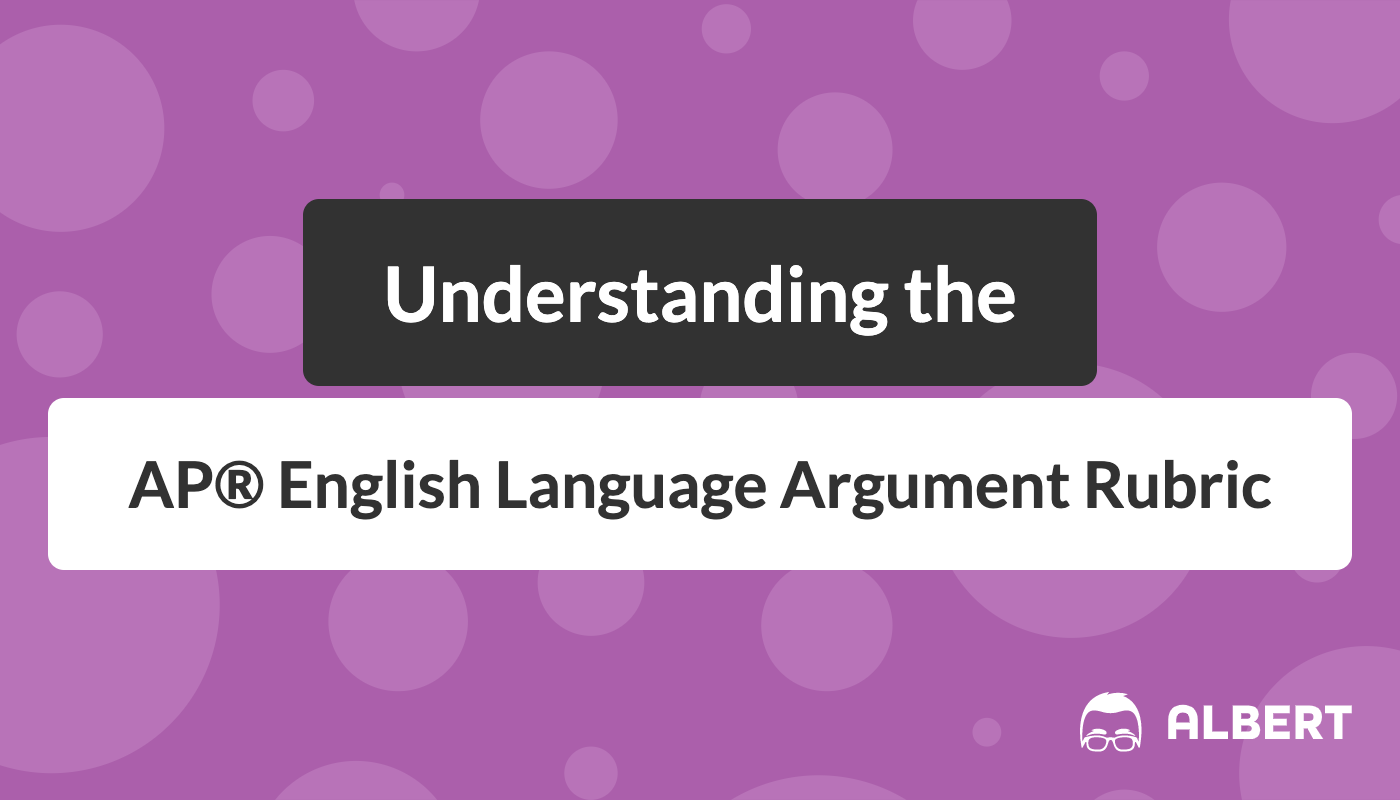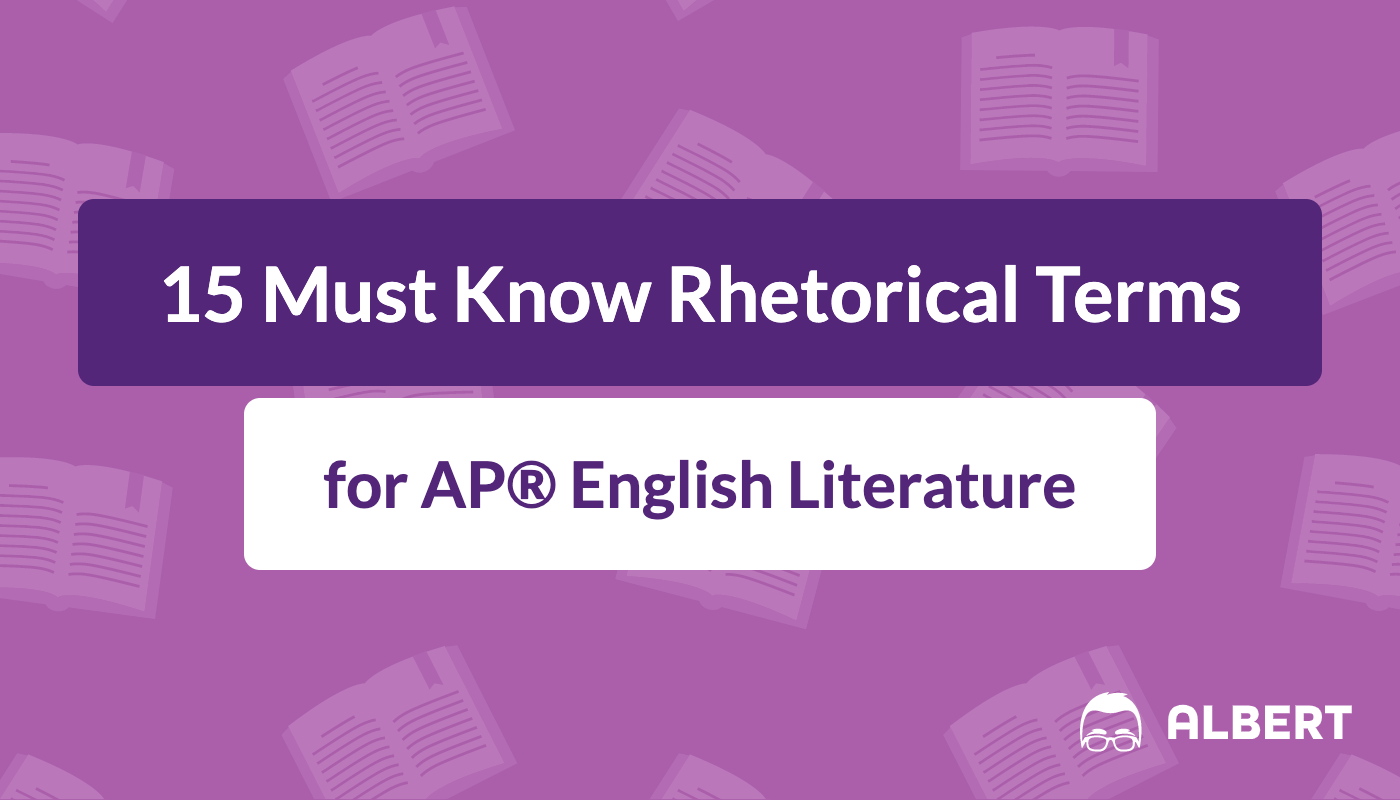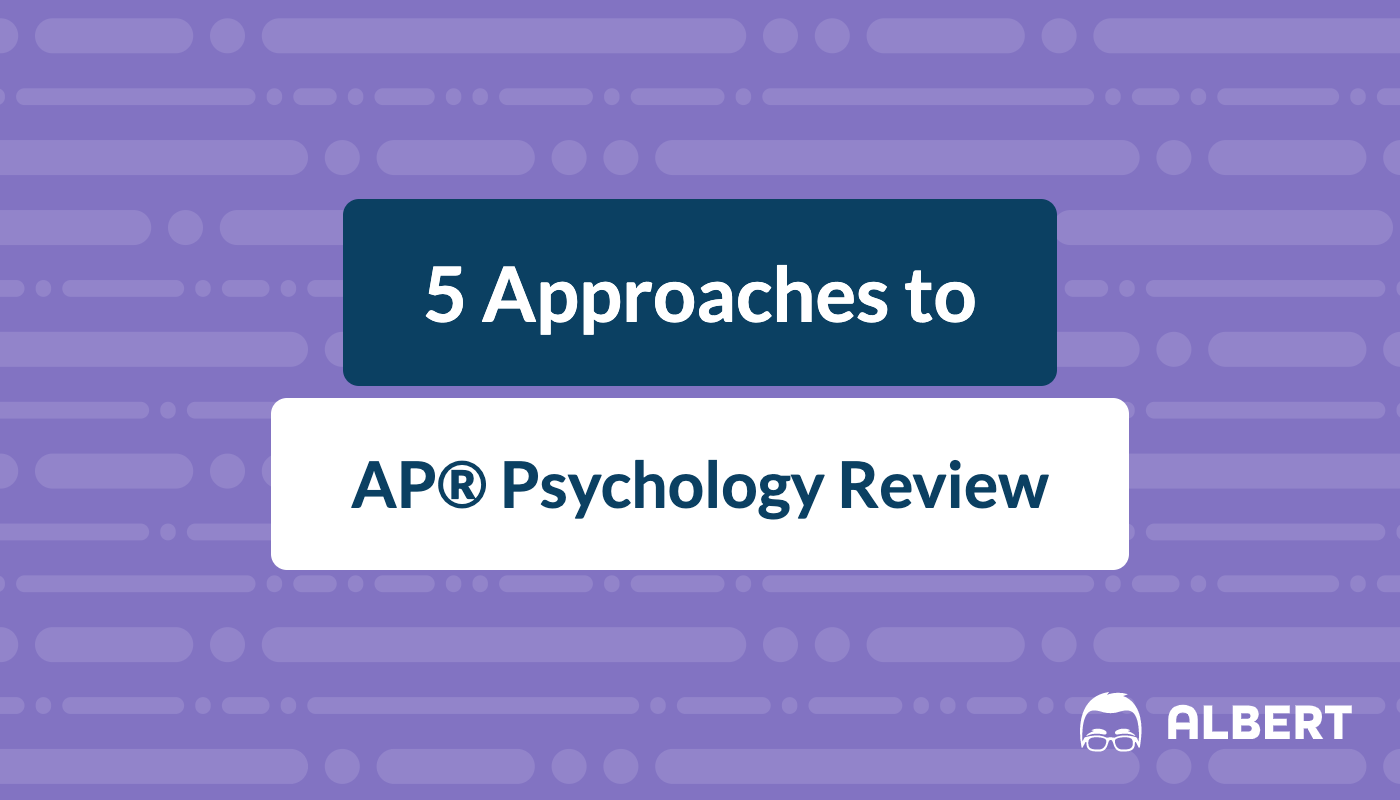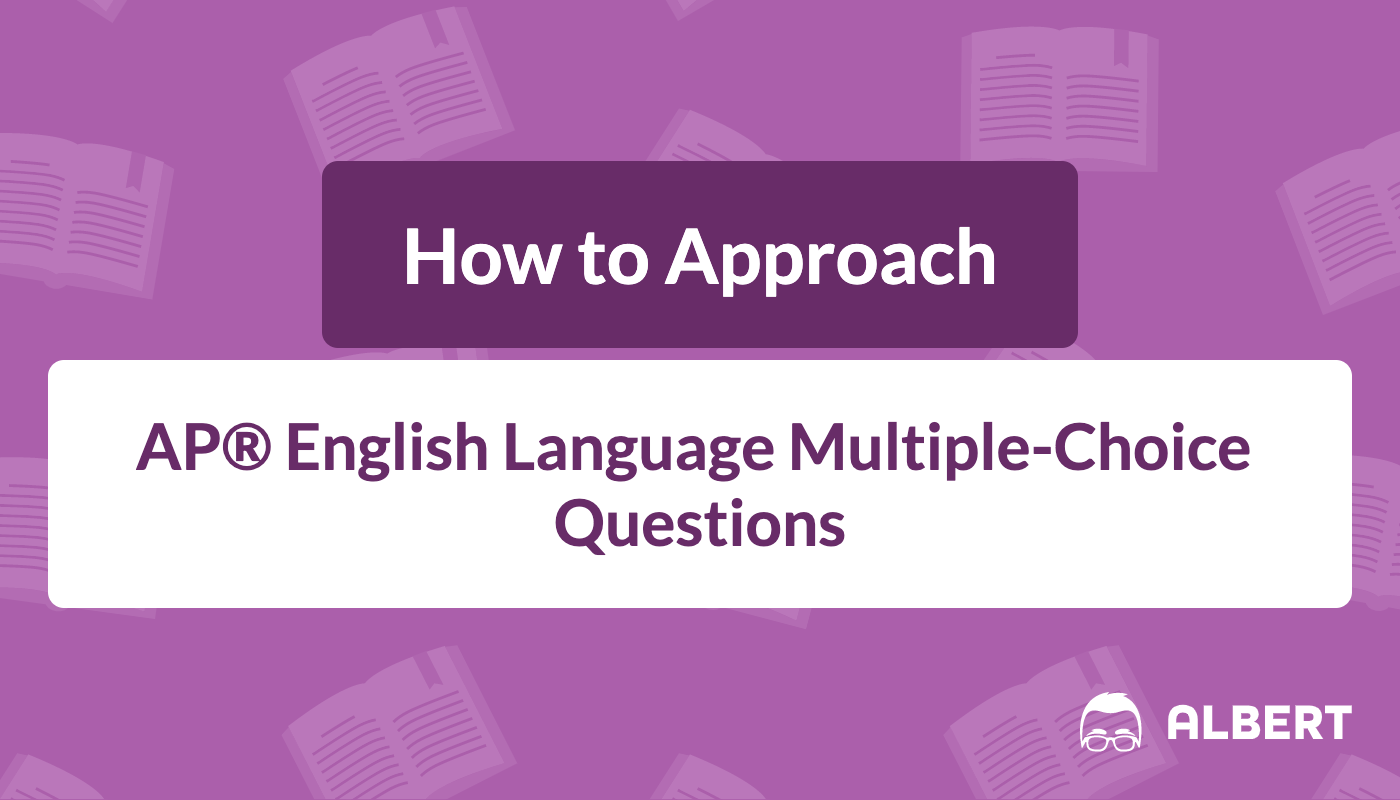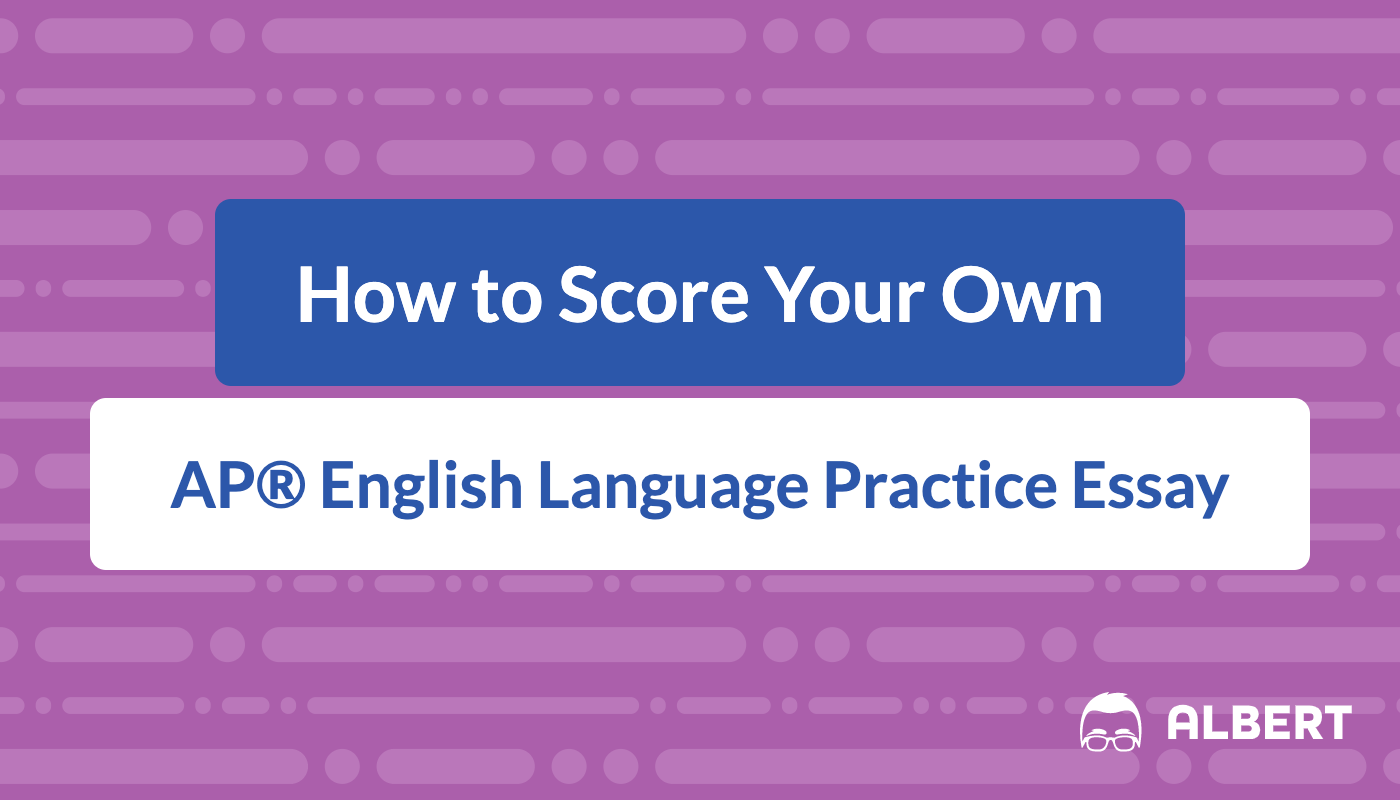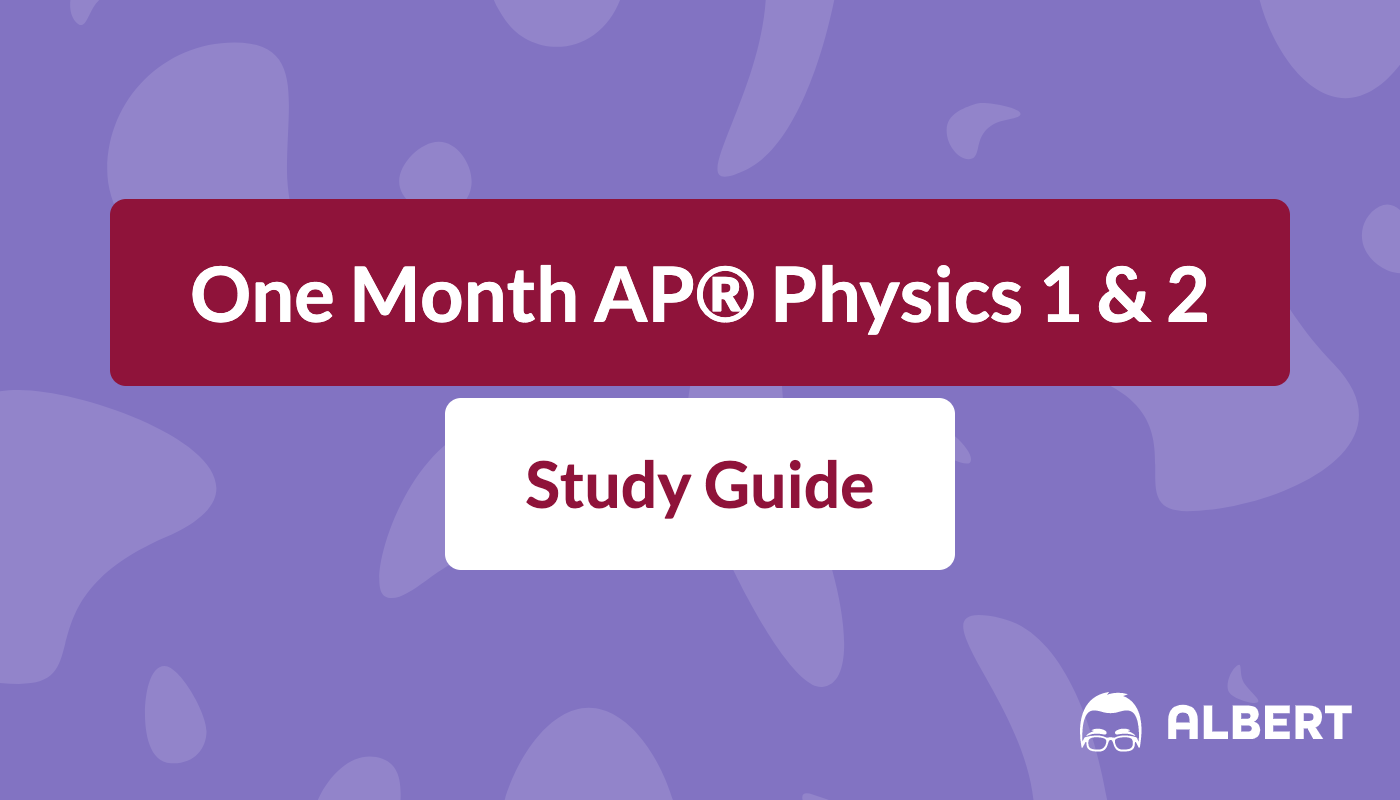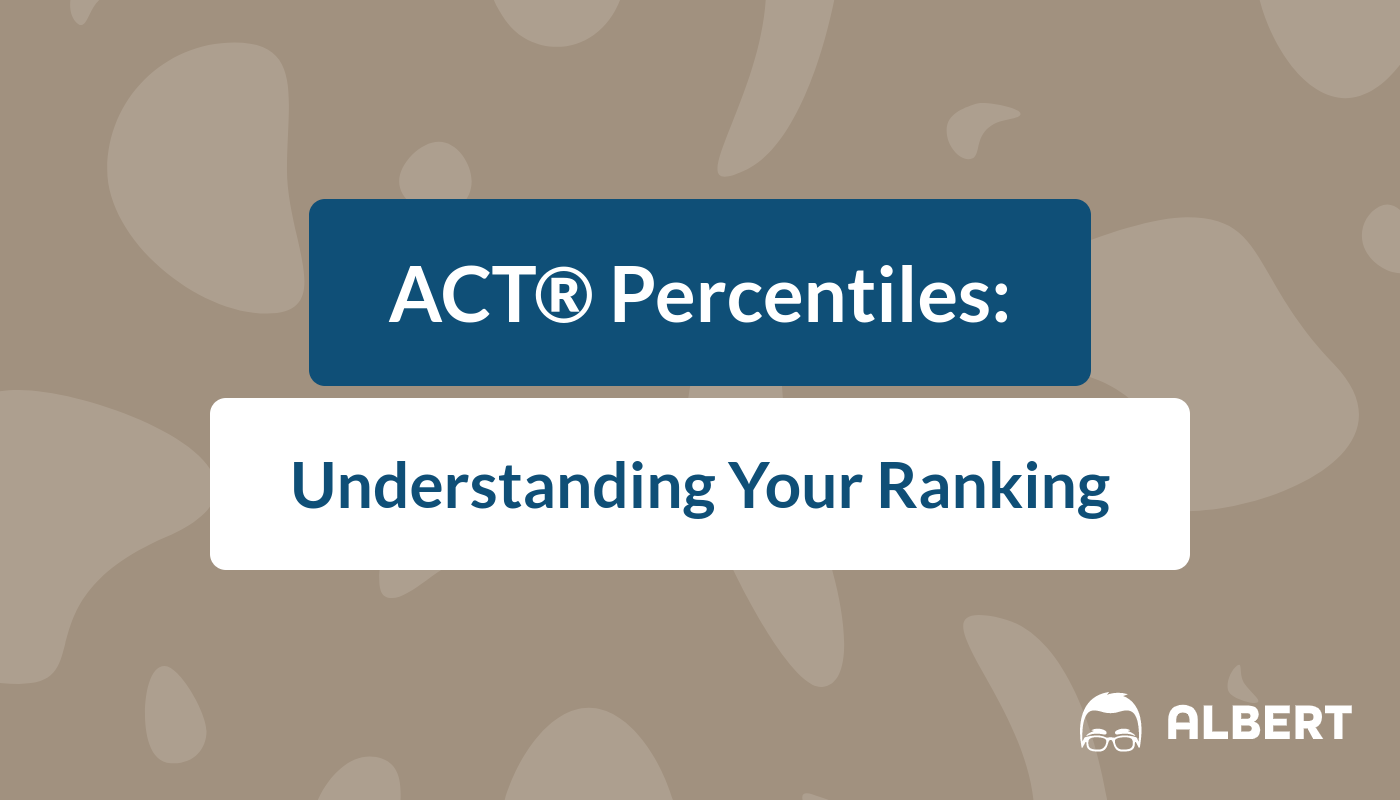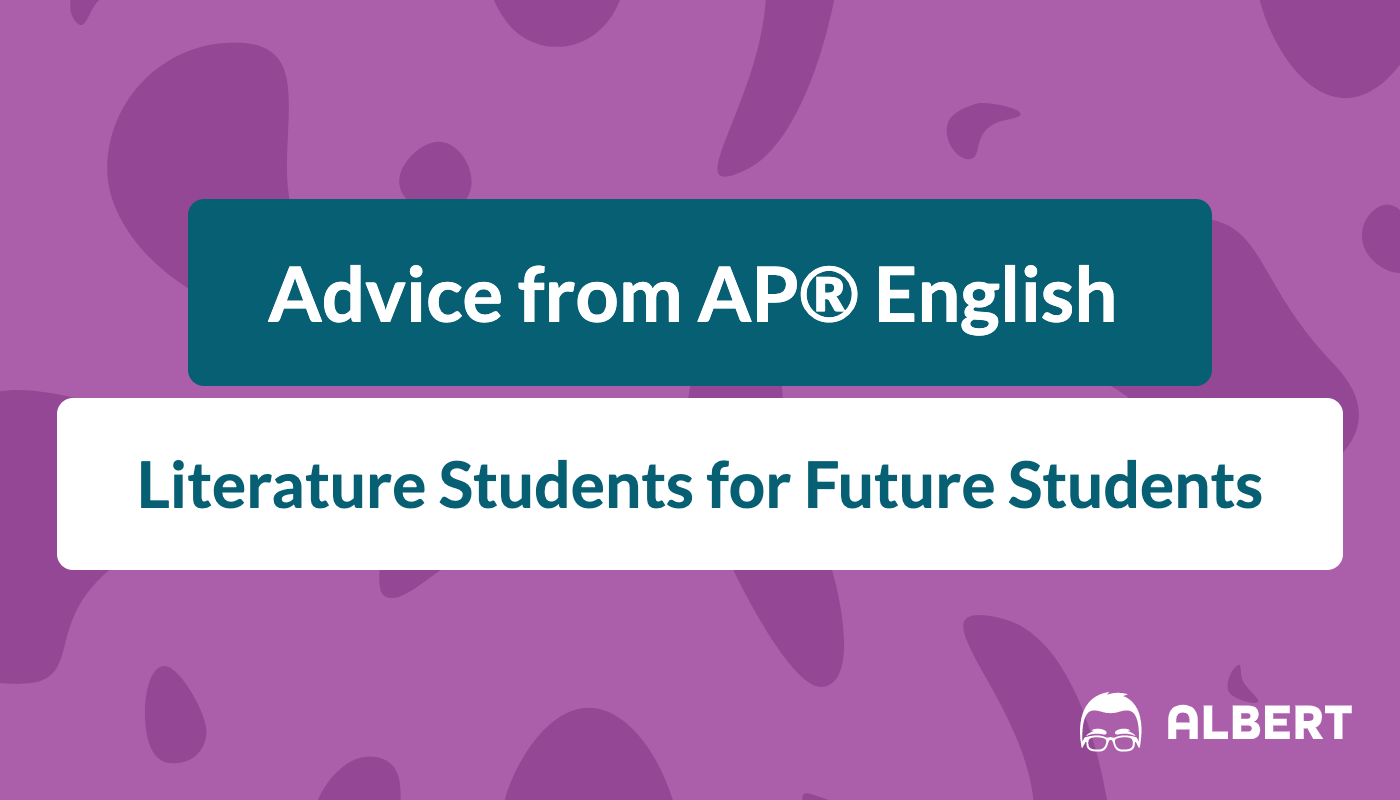Understanding the AP® English Language Argument Rubric
The AP® English Language exam contains three essays, two of which are the argument essays. The argument essays come with a prompt that contains a passage. The student must then analyze and immediately craft an appropriate argument that answers the prompt. This essay is different than the synthesis essay in that there is only one prompt that the student must analyze; however, the passage is much longer than the smaller sources found in the synthesis essay.

